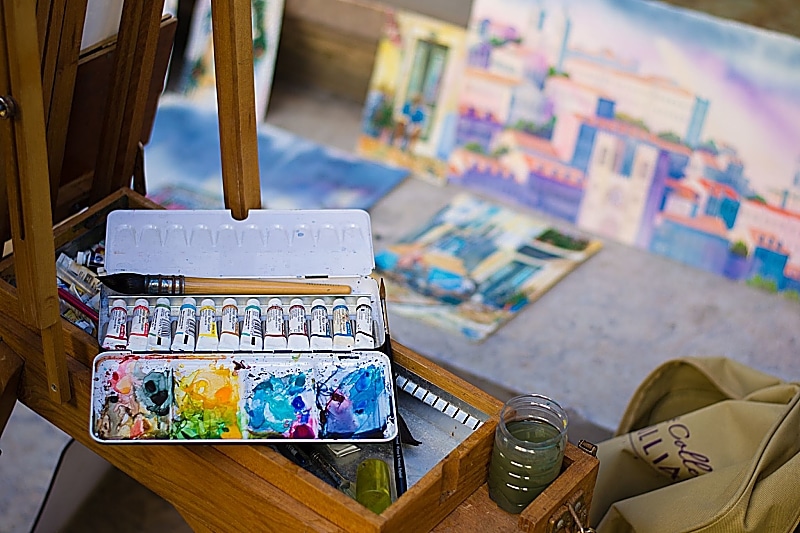Three Things I Wish I Had Known Before I Started Teaching
★★★★★

As a 20-year-old, I started my career in education with no desire to make it a career. I knew it was a good work and I wanted to do well for at least one year but I had no idea then that I would be entering my 9th year as I write this.
Over my short career, I learned three lessons I wish I had learned before I started.
Make it a career
Many staff entering our schools do not have a long-term vision for the ministry of Christian education. Like me, they know it is a good work but don’t see themselves in it long term. If I had treated my first year as if it were my career I would have made many better choices. I would have tried better to organize and save my schedules and bulletin boards. By the end of my first year, I was much more convinced I wanted to make a career of it, but many of my hours of prep and creation were lost forever. The first couple years are the hardest because of all the learning and creation needed, and regardless of whether it is you or a successor teaching nine years from now, your labor won’t be in vain if you save your work. For specific advice on how to do well in this regard listen to Jonah’s talk: Avoiding the 40-acre toolbox.
You aren’t going to be a perfect teacher
One night as a new teacher I was sharing with my wife the frustrations of the day. As she listened she sensed I was trying to be a perfectionist in the classroom. I was beating myself up for all the disciplinary opportunities I had missed. She responded with eight words that transformed my career. “You aren’t going to be a perfect teacher.” God knew what he was doing when he had me marry a teacher and He knew I needed to hear that then. My focus changed immediately to focus on the student’s success at learning and spiritual growth instead of my image as a teacher. Her comment made me realize I had been teaching for myself and the praise of man and not for the glory of God. I’m never going to be a perfect teacher, but I can always focus on my student’s success instead of mine.
Teaching is an art, not a science
My wife and I taught one year together before getting married. Among our many other responsibilities, she taught art and I conducted science experiments. It doesn’t take a rocket scientists to know there is a difference between the two academic disciplines. However, it did take me a few years of teaching before I realized teaching is an art, not a science. Although I heard it early in my career at a summer term at Faith Builders, I was a typical man and it took several years for reality to sink deep into my heart and practice.
One afternoon while filling in as principal for my father, I issued a demerit to a very respectful student for a very procedural violation. According to the manual, he earned it and my experience of him was that he would take it willingly. Was I ever wrong. He stormed out of the room and punched a hole in the wall. Defying my stern commands to stop and talk, he left the school and went home. Once again, according to our policy, he earned an immediate 3-day suspension which I communicated to him immediately. How severely I failed.
As I reviewed my actions, I realized how scientifically I had approached the problem. If I had used my artist eyes, I would have been able to see him as a respectful individual. I would have known that a simple instruction to follow the procedure would have produced the desired effect. In the years since this event, he has moved on from the school and we are still friends when we meet. Since then, there have been many similar situations that ended so differently because I now see teaching as an art.
To those who helped me learn these lessons I say thank you. To those who haven’t learned these lessons, please take my word for it and do better than I did. May God richly bless your career!
Your Homework
- Establish a clear organization system for storing and sharing your work.
- Find a close friend other than a coworker with whom you can regularly share your less-than-perfect teacher moments. Make sure you get these meetings on your calendar.
- Start intentionally viewing your career as an art and not a science. Make your interactions with students and coworkers the kind that will build your relationships.
Related Items
Leave a Reply
Feedback